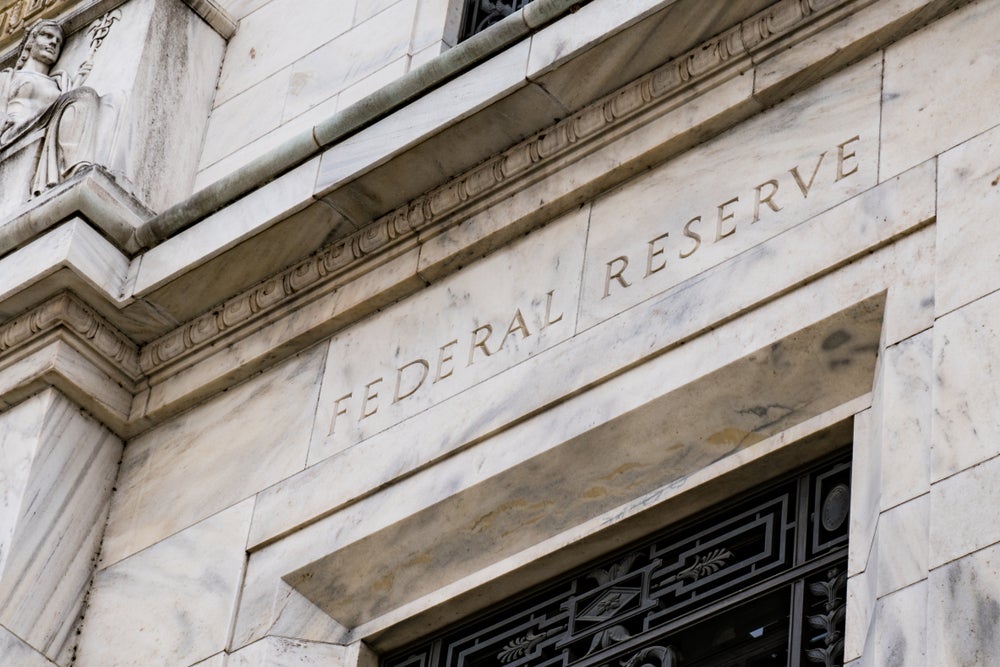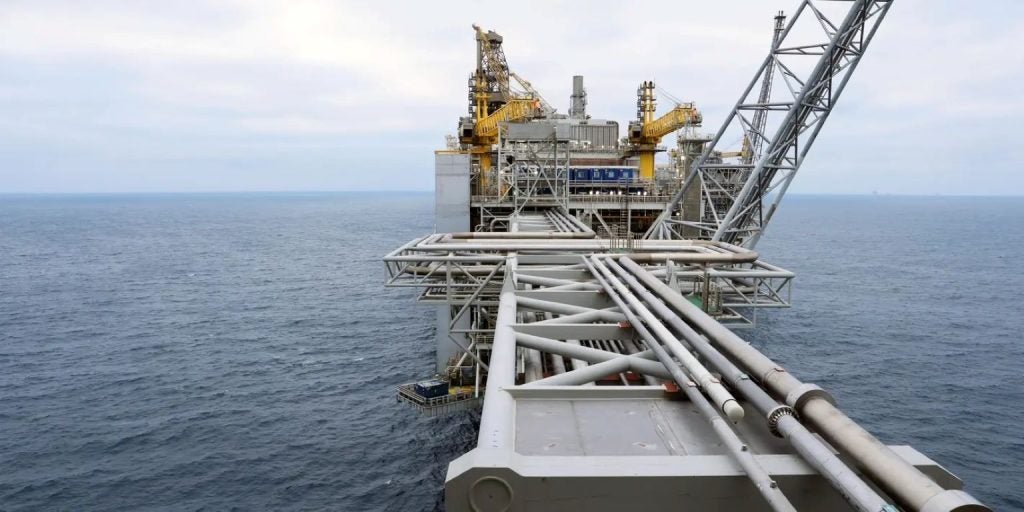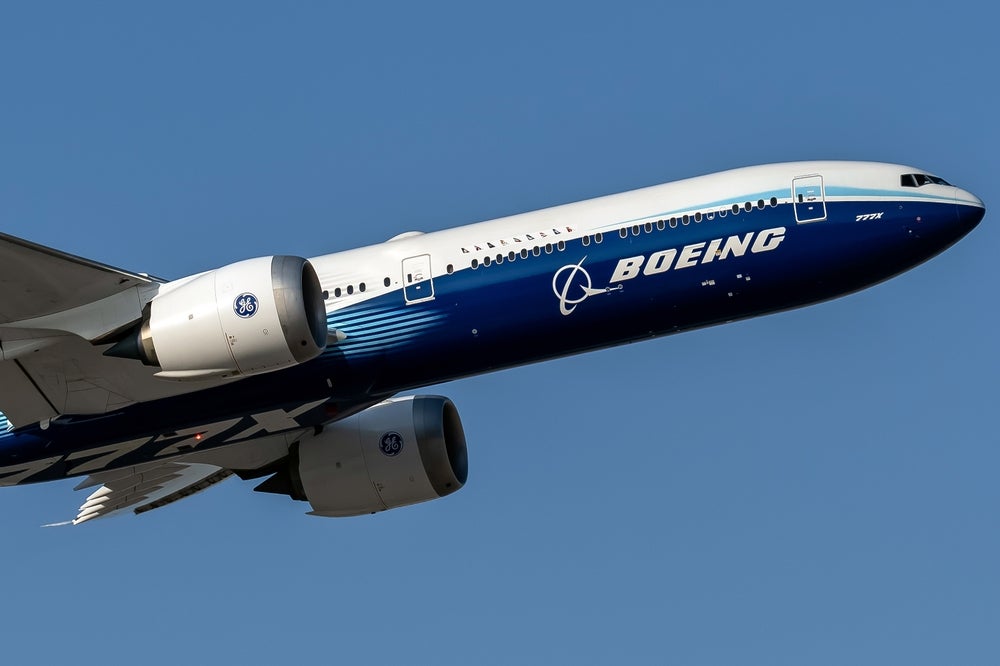
Oil prices fell to their lowest level since 2021 on Monday amid volatility in the global banking sector and a potential increase in US inflation rates.
Brent crude futures for May was down $0.83, or 1.1%, to $72.14 a barrel by 14:25 GMT on Monday. The US West Texas Intermediate (WTI) crude contract for April, which expires on Tuesday, was down $0.91, or 1.4%, at $65.83. May futures were down 1.3% at $66.05 a barrel.
On Monday, both Brent and WTI fell by around $3 a barrel, lows last seen in December 2021. WTI briefly sank below $65 a barrel. Both Brent and WTI lost more than 10% of their value last week, due to the ongoing banking crisis.
The recent collapse of both Silicon Valley Bank and Credit Suisse has worried investors, consumers and the markets, despite the fact that UBS, Switzerland’s largest bank, agreed to buy Credit Suisse. Banking stocks and bonds continued to plunge on Monday amid the uncertainty.
The US Federal Reserve, is expected to raise interest rates by 25 basis points on Wednesday, according to Reuters. This is expected to cause a further downturn in oil prices.
See Also:
A number of central banks have announced a swap line to exchange currencies. The strategy, led by the Federal Reserve, is an attempt to avoid a credit crunch. Daily auctions of US dollars seek to improve global access to dollar liquidity.
How well do you really know your competitors?
Access the most comprehensive Company Profiles on the market, powered by GlobalData. Save hours of research. Gain competitive edge.

Thank you!
Your download email will arrive shortly
Not ready to buy yet? Download a free sample
We are confident about the unique quality of our Company Profiles. However, we want you to make the most beneficial decision for your business, so we offer a free sample that you can download by submitting the below form
By GlobalDataThe Organisation of Petroleum Exporting Countries and its allied producers (OPEC+) said earlier this week that the recent slide in oil prices is driven by financial fears as opposed to oil production.
“It’s purely financially driven and has nothing to with the demand and supply of oil,” an OPEC+ delegate told Reuters.






